Last year, a French broadcaster asked if Belgium was in danger of becoming a narco state. The question was posed in light of the news of the cocaine flooding into the country and the growing influence of Belgium’s drug cartels.
Others believe that Belgium most closely resembles an Islamic state. The former Belgian senator Alain Destexhe accused his country this week of living in denial and allowing Belgium to become ‘a laboratory of Islamism’.
France has its own grave struggle with Islamists but at least there is an awareness of the danger
Belgian has undergone a radical demographic change this century, particularly in the capital. Of Brussels’s 1.2 million residents, 61 per cent were born outside Europe and Moroccans make up the largest number of this figure.
This has consequences. A report earlier this year by the Institute for Security Studies (ISS) drew attention to the influence of the ‘Mocro Maffia’ drug cartel, an organisation that originated in the 1970s when Holland liberalised the use of cannabis. ‘Dutch and Belgian nationals of Moroccan descent drew on their family ties to cannabis growers in the northern mountains of Morocco’s Rif region,’ explained the ISS. ‘What started as hashish trafficking slowly extended to cocaine, a more lucrative drug.’ Today, 40 per cent of cocaine detected in Europe is found in Belgium.
The reason why Belgian drug cartels have grown so powerful is the same reason why Islamism extremism has flourished: a weak and chaotic political class. ‘We have maybe seven parliaments for a country of just over 10 million people and everything is divided between French- and Flemish-speaking populations that see one another as rivals, not the same nation,’ explained Belgian reporter Joris van der Aa this year. There is therefore no co-ordinated fight against either the cartels or the extremists. Consequently Belgium is increasingly regarded by France as a threat to its national security.
This time eight years ago an Islamist terror cell was finalising its plan to launch a series of co-ordinated attacks on Paris. It did so from the Molenbeek district of Brussels, ‘Molenbeekistan’ to the French, where 80 per cent of the inhabitants are foreign. Belgium provided the Islamic State as many as 500 Jihadists, more per capita than any other European nation.
After the Paris attack, which left 130 dead, France turned its anger on Belgium. One prominent newspaper described its neighbour as ‘an accommodating sanctuary for radical Islamists’. It listed all the terrorists who had emerged from Molenbeek, including Hassan El Haski, convicted of planning the 2004 Madrid bombings that killed nearly 200 people.
The right-wing commentator (and now politician) Eric Zemmour suggested that French military jets should switch from bombing Islamic State in Syria to targeting Molenbeek. In response, Molenbeek’s mayor, Françoise Schepman, said: ‘I’m the first to recognise the problems in Molenbeek, but we have to act to solve them, not to make them worse.’
The problems haven’t been solved. This week two of France’s most respected authorities on European jihadism, Gilles Kepel and Hugo Micheron, pinpointed Belgium as the great weak spot in the continent’s fight against Islamism.
It was noted that at the start of this month Belgian authorities refused to grant a request from France to extradite Salem Abdeslam. He was the only survivor of the terrorist cell that targeted Paris in 2015, fleeing to Molenbeek where he was harboured for four months. Last year Abdeslam was sentenced to life imprisonment by a French court but the Belgians worry that such a sentence contravenes his human rights.
The Belgian authorities described the Islamist who shot dead two Swedes on Monday night as a ‘lone wolf’, despite the fact that the Tunisian had first exhibited signs of radicalisation in 2016. He lived in the Schaerbeek district (just east of Molenbeek) of Belgium, which was linked to the 2016 attack on Brussels airport that killed 32.
France long ago dismissed the ‘lone wolf’ Islamist theory. A 2019 Senate enquiry about Islamism included testimony from the Sorbonne professor Bernard Rougier. Speaking about Mohammed Merah, who in 2012 shot dead three soldiers and four Jews, Rougier explained: ‘Merah is often portrayed, incorrectly, as a lone wolf. That is to forget that he is the product of local socialisation.’
It’s reported that the Tunisian-born Islamist targeted Swedes on Monday because copies of the Quran were burned in the country by right-wing militants; but there has been plenty of burning in Belgium recently with eight schools fire-bombed in response to a new initiative on sex education. No one claimed responsibility but Islamic groups were particularly vociferous in their opposition.
France has its own grave struggle with Islamists but at least there is an awareness of the danger and what must be done. In Belgium there is only cowardice.
Prime Minister Alexander De Croo has tweeted half a dozen times about Monday night’s attack but in none did he reference Islamism. ‘Belgium sends its sincere condolences to the people of Sweden,’ he said in one tweet. ‘This terrorist attack shakes the foundations of our peaceful societies. We offer our unwavering solidarity in the face of this blind hatred. We will counter terrorism together with even greater determination.’
But how do you counter something if you don’t have the courage to even mention its name?
Got something to add? Join the discussion and comment below.
Get 10 issues for just $10
Subscribe to The Spectator Australia today for the next 10 magazine issues, plus full online access, for just $10.


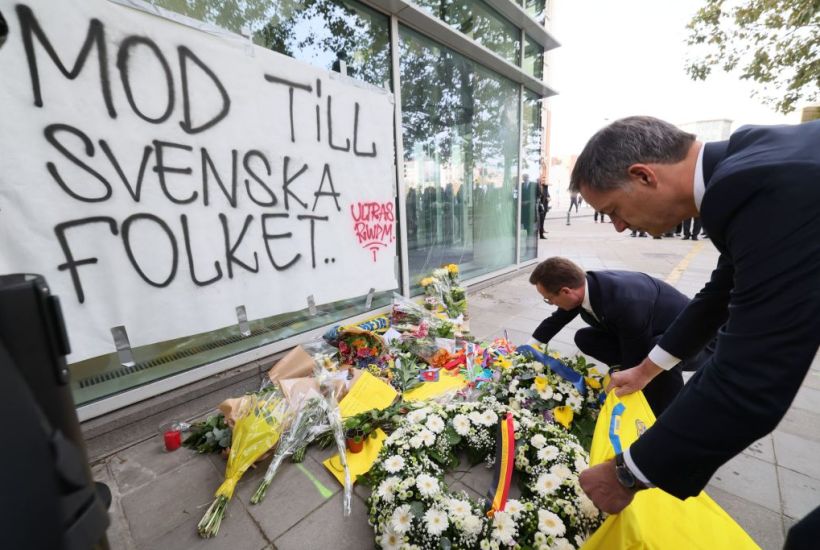

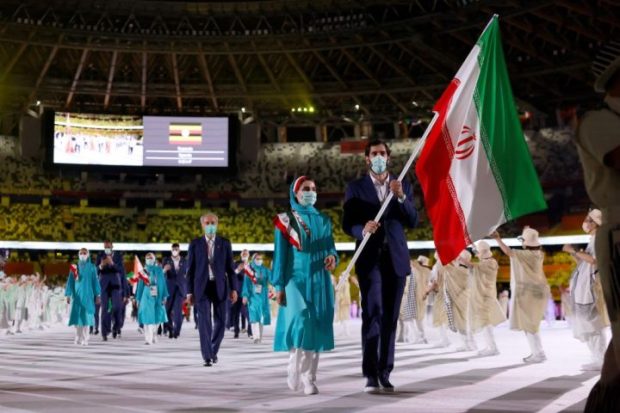
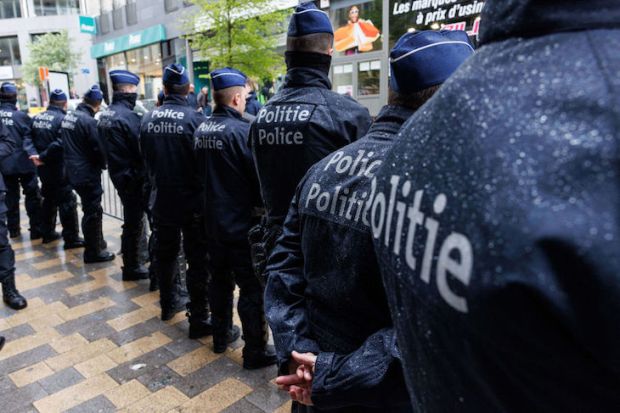
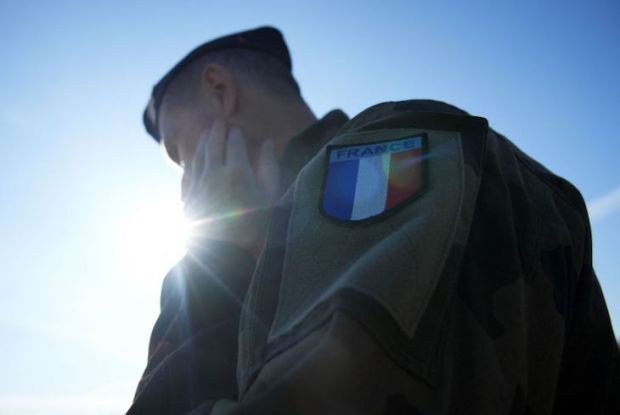
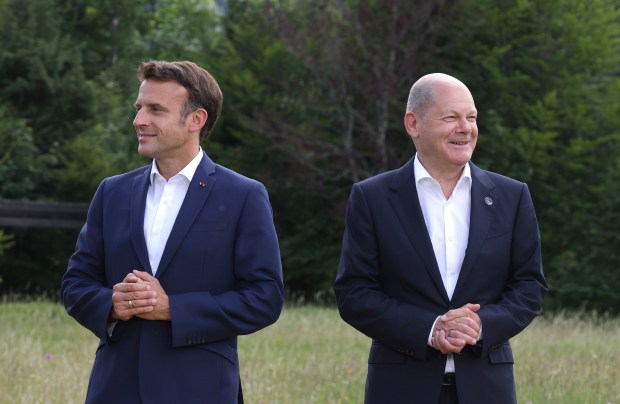
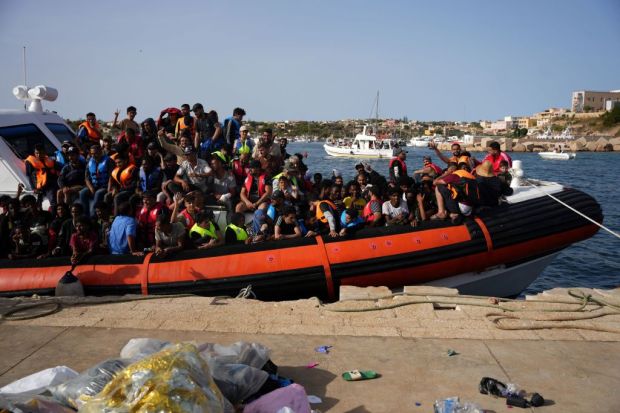












Comments
Don't miss out
Join the conversation with other Spectator Australia readers. Subscribe to leave a comment.
SUBSCRIBEAlready a subscriber? Log in